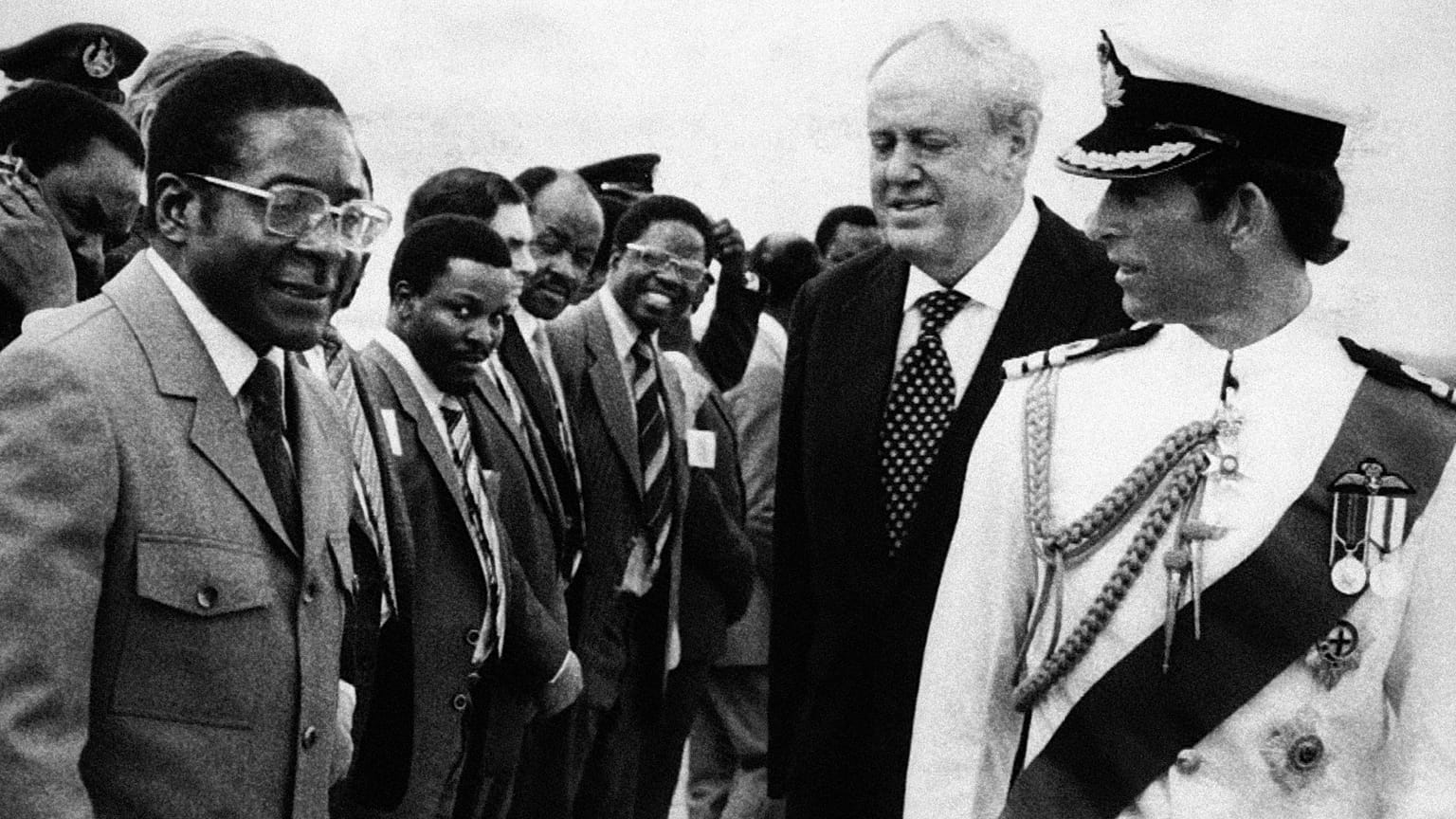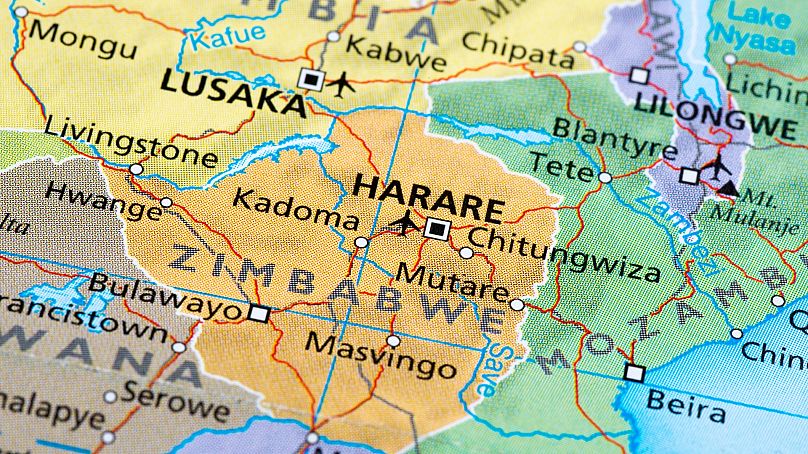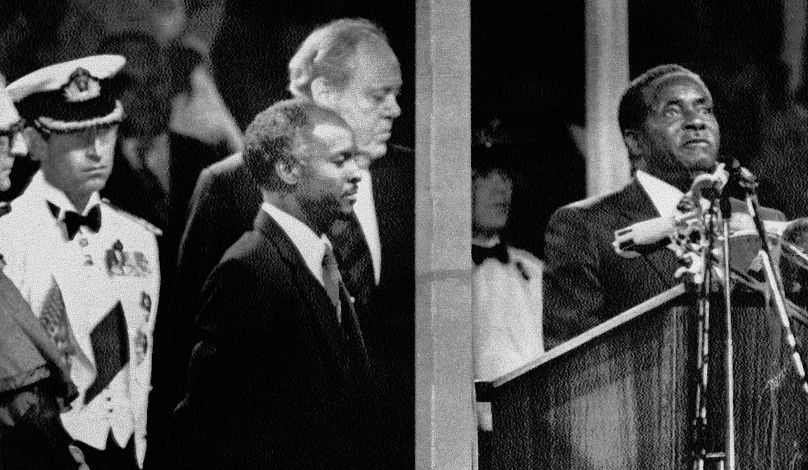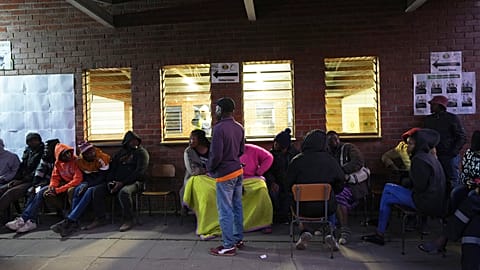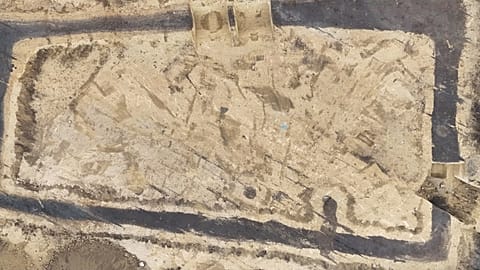On the anniversary of Zimbabwe's independence, we look back at the different names the country has had.
18 April 1980: How Zimbabwe got its name
 ADVERTISEMENT
ADVERTISEMENT
 ADVERTISEMENT
ADVERTISEMENT
There’s evidence of human settlements in the Zimbabwean plateau going back at least 500,000 years ago. In the south of Africa, from the 9th century AD, the city-state Great Zimbabwe flourished. By the 15th century, this city-state had become a key trading port in Africa and was now a part of the Kingdom of Zimbabwe.
Other African empires would follow suit to control the lands, including the Rovzi and Mutapa, until the fate of the Zimbabwean plateau when in the 1880s, British colonisers took control of the land, with Cecil Rhodes’s British South Africa Company first gaining mining rights from the Ndebele people.
British control of the region extended over successive decades, and area became known as Rhodesia after 1895, with Southern Rhodesia denoting Zimbabwe and Northern Rhodesia covering Zambia.
After failed insurrections from the Ndebele people, the UK annexed Southern Rhodesia in 1923 as a self-governing British colony. Rhodesians of all races served in the British army during the Second World War, while a 1930 act restricted the land Black people were allowed to own in the country to a minority.
Zambia declared independence in 1964, and the British changed Southern Rhodesia’s name to just “Rhodesia”. Rhodesian-born White Prime Minister Ian Smith attempted to gain independence from the UK, but the British government responded with sanctions for Rhodesia.
A civil war erupted in Rhodesia between the Smith government and Joshua Nkomo's Zimbabwe African People's Union and Robert Mugabe's Zimbabwe African National Union (ZANU) parties, both backed by communist powers and other African nations.
In 1978, Smith reached a peace deal with the help of Bishop Abel Muzorewa, resulting in an election in 1979 that put Muzorewa as Prime Minister of the newly named Zimbabwe Rhodesia.
Muzorewa, Mugabe, and Nkomo were invited to the UK for a conference on the future of the country. This resulted in the end of the war and a vote for independence followed, with Rhodesian House of Assembly voting 90 to nil to revert to British colonial status.
In the election of 1980, Mugabe’s ZANU party won, making him the first prime minister of independent Zimbabwe.
Zimbabwe can trace its name back to those 9th century origins, but by Mawema’s account, it had not been an active decision but a matter of public consensus that “Zimbabwe” was the name people referred to the country by.
By contrast, it was much clearer why the country wanted to drop the name “Rhodesia”. The link to Cecil Rhodes, one of the greatest proponents of African colonisation, his name is a symbol of British imperialism in the continent. Today, one of Rhodes’ lasting imprints is the prestigious Rhodes Scholarship at Oxford University, the target of anti-racism movements like Rhodes Must Fall and Black Lives Matter.














